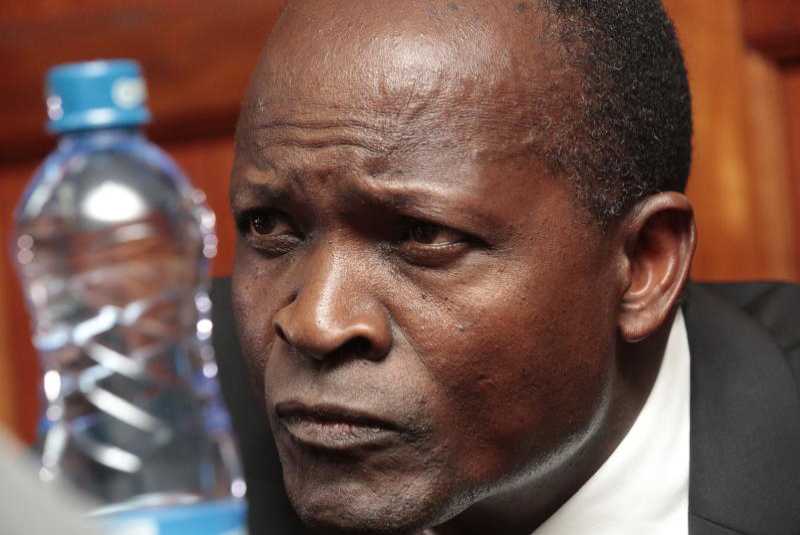×
The Standard e-Paper
Fearless, Trusted News

Migori county governor Okoth Obado in the dock at a Milimani court where he is accused with the murder of rongo University student sharon Otieno on 27/9/18-[Photo: Beverlyne Musili,Standard]
Governor Okoth Obado will spend more days in remand after the court denied him bail.